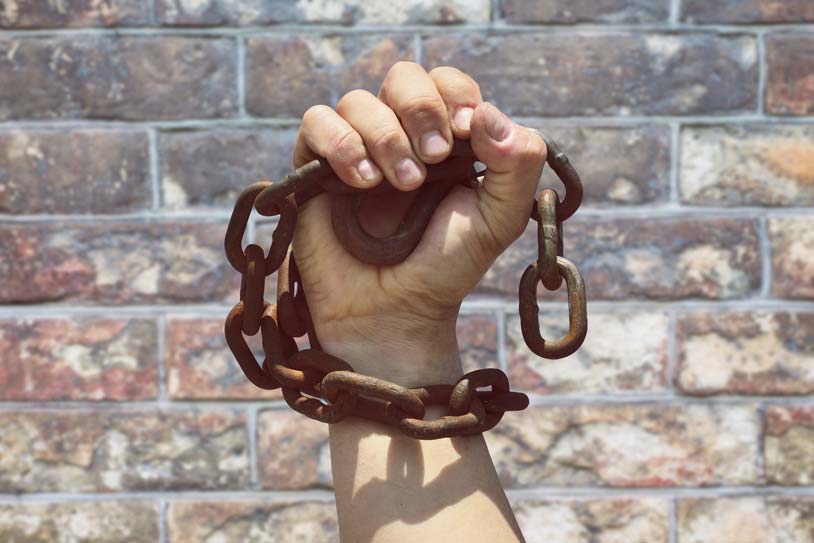
It’s impossible to meet every expectation others have of us. Sometimes, external circumstances get in the way, or we simply lack the capacity. Other times, the expectations themselves are unrealistic or too demanding.
The Burden of Unmet Expectations in Dependent Personalities
People with dependent personalities often shoulder all the blame when they fall short of others’ expectations, regardless of how grand those expectations may be. They internalize these expectations as their own. Consequently, when they “fail,” they not only disappoint the other person but also themselves. Each perceived failure then intensifies their damaging self-judgment.
If you have a dependent personality, you might believe that perfection—defined by flawlessly meeting everyone else’s needs—is a prerequisite for worthiness and love. This is an impossible standard. Yet, you might not recognize its impossibility, leading you to blame yourself repeatedly when you can’t live up to these expectations. With each setback, your conviction of being flawed and unworthy grows stronger.
Recognizing and Addressing Dependent Traits
Does this resonate with your experiences? Realizing you have dependent personality traits isn’t a dead end; it’s actually the first step toward healing. You can’t solve a problem if you deny its existence, and problems rarely resolve themselves. In fact, they often worsen over time, leading to relationships filled with heartache, anxiety, stress, frustration, and disappointment.
The Downward Spiral of Unaddressed Dependency
These relationships often crumble under such toxic pressure. Spouses and partners may leave, children might distance themselves, parents may become distant, and siblings could vanish. Friends might drift away, and jobs may be lost. Once again, the person with dependent traits is left feeling alone, abandoned, misunderstood, and unsafe.
When the solution to this pattern isn’t found within yourself but in another relationship, you’ll find yourself constantly searching for external answers. Let’s explore five more traits of relationship dependency that you might be experiencing:
Signs of Relationship Dependency
- You feel anxious or distressed when you’re alone, or even at the thought of being alone, because you’re afraid you won’t be able to cope with what might happen.
- You urgently seek out another relationship for care and support as soon as a close one ends.
- You often prioritize the needs of others over your own, even if it causes you significant pain or resentment.
- You value the opinions and feelings of others more highly than your own.
- You feel responsible for fulfilling others’ expectations and see it as a personal failure if you don’t.
Recognizing your dependent personality traits is challenging, but it’s no harder than the endless effort required to maintain, repair, or rebuild existing relationships. And it’s certainly no harder than being stuck in the desperate cycle of one unsatisfying relationship after another.
Identifying these traits is the crucial first step toward breaking free from relationship dependency. You’re now one step closer to healing and recovery.
“Recognizing your dependent personality traits is challenging, but it’s no harder than the endless effort required to maintain, repair, or rebuild existing relationships.
By Deepak Santhiraj, Licensed Clinical Social Worker
Recent Posts
Reclaiming the Savanna Brain
In the modern world, we are surrounded by an abundance of food, safety, and information. Yet, paradoxically, we are [...]
Navigating Digital Distractions
You settle in to tackle the work you've been putting off, but interruptions are guaranteed. First, the inevitable: your [...]
Common Therapy Myths That Keep People From Getting Help
There are a lot of stories people tell themselves about therapy that stop them from reaching out. Some of [...]



